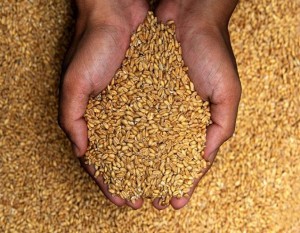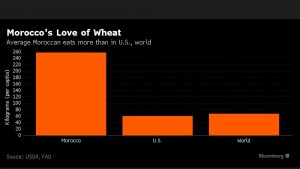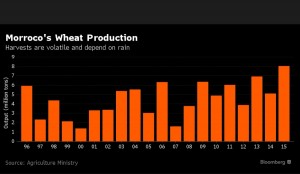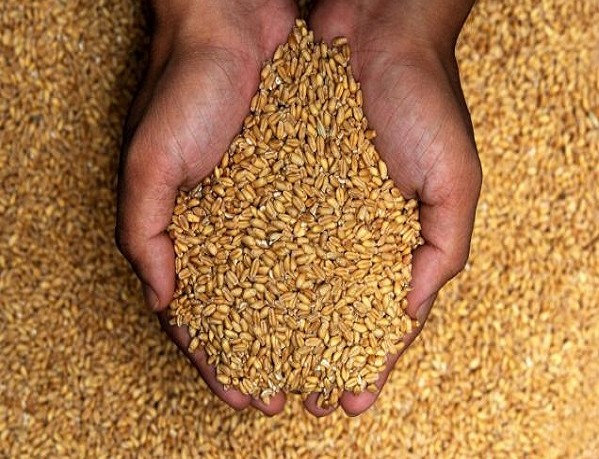Bloomberg
Rudy Ruitenberg
Celeste Hicks

Wheat crop may fall more than 50% from last year, survey shows.
`Harvest is going to be catastrophic,’ grain farmer warns.
Morocco’s drought has probably wiped out half of its wheat harvest — devastating a country where even the King has called on the nation to pray for rain.
The driest start to winter in two decades in the center of the country has decimated crops in Africa’s second-biggest wheat grower, where just 15 percent of fields are irrigated. Imports may double to a record next season to account for the reduced harvest, a Bloomberg survey of six analysts showed.

Moroccans consume more than three times as much wheat as the global average, eating it in everything from thick soups to filo-dough pastry. The grain is a staple in North Africa, where higher food costs and shortages in the past six years helped trigger unrest that led to the toppling of governments in Egypt, Libya and Tunisia. The drought evoked King Mohammed VI to lead rare national rain prayers after normal Friday worship for a second time in January.
“The harvest is going to be catastrophic,” said Abdelaziz Oumarrou, a 31-year-old farmer whose 5 hectares (12 acres) near the city of Midelt support his family of four. “This kind of agriculture has no future. We have to change and start doing things such as irrigating.”
Dry weather will slow economic growth to 1.2 percent from 3.8 percent last year, researcher Centre Marocain de Conjoncture said last month. Agriculture’s contribution to the economy ranges from 12 percent to 17 percent because harvests are so rain reliant. The government wants to boost farming, partly though subsidizing seeds and irrigation equipment.
Not Enough?
The most rain since September fell in wheat-growing central regions in the 10-days to Feb. 20. Still, the drought has been so bad that total precipitation this season has been 77 percent below normal, data from the U.S. Department of Agriculture’s Foreign Agricultural Service show.
The country may harvest 3.72 million metric tons of wheat this year, 54 percent below 2015’s record and the lowest in four years, the average estimate in the Bloomberg survey showed. To meet demand for its 34 million people, the country may almost double imports to 4.76 million tons in the 2016-17 season.
More imports may benefit growers particularly in France, researcher Agritel said. French farmers have been among the hardest hit by a global surplus that’s swelling world grain stockpiles to a three-decade high and has pushed wheat prices to a five-year low.

“If you have to import a lot, the market is favorable,” said Caroline Bitton, an analyst at Paris-based Agritel. “We’ve seen the Moroccans buying very actively since January to cover immediate needs but also to build some stocks.”
Moroccan farmers had planted 3.2 million hectares of grains by early February for this year’s harvest, about 40 percent less than usual, the national federation of grain traders said. Satellite data show plant strength similar to the poor crop harvest in 2007, said Bob Ellison, a spokesman for the USDA’s FAS. Wheat output that year fell to 1.58 million tons.
Oumarrou, who has been farming since he was a teenager, said this is one of the worst years in memory and the recent rains probably won’t save his crops.
“Rain is welcome, but it might be too late to reverse the impact,” said Monika Tothova, an economist at the United Nations’ Food & Agriculture Organization.







